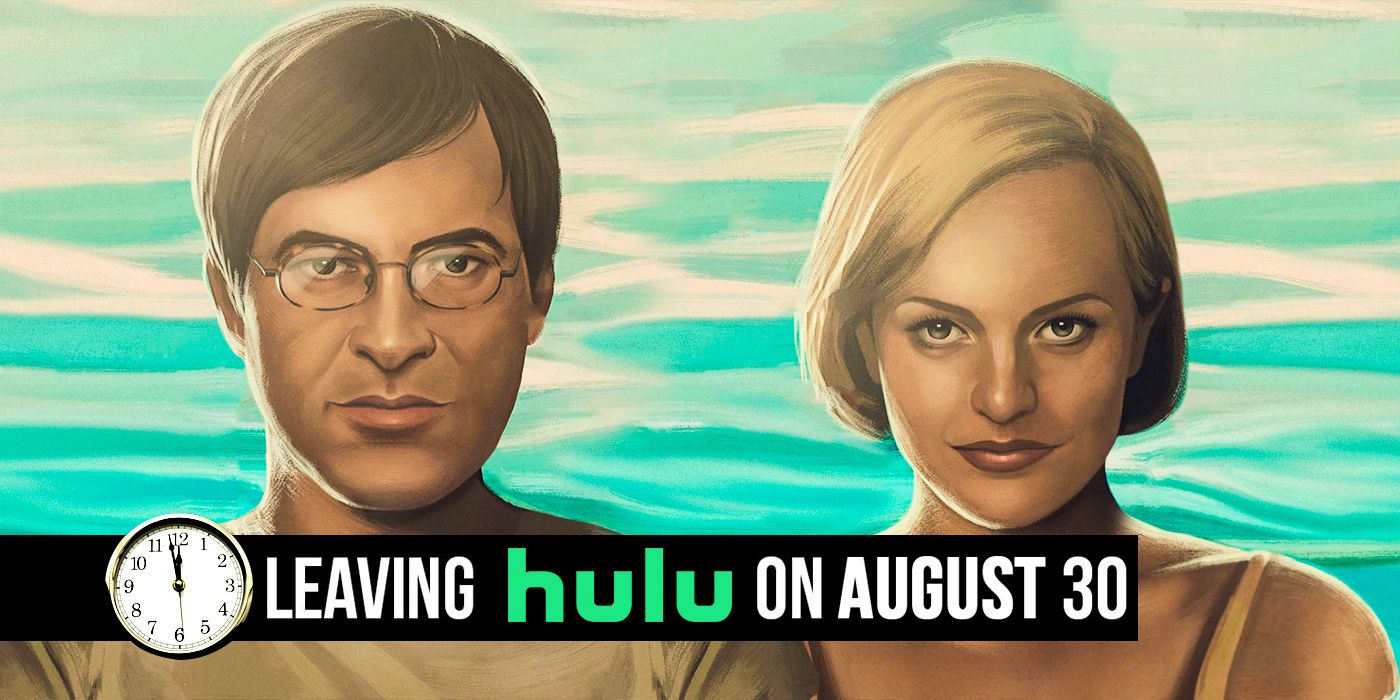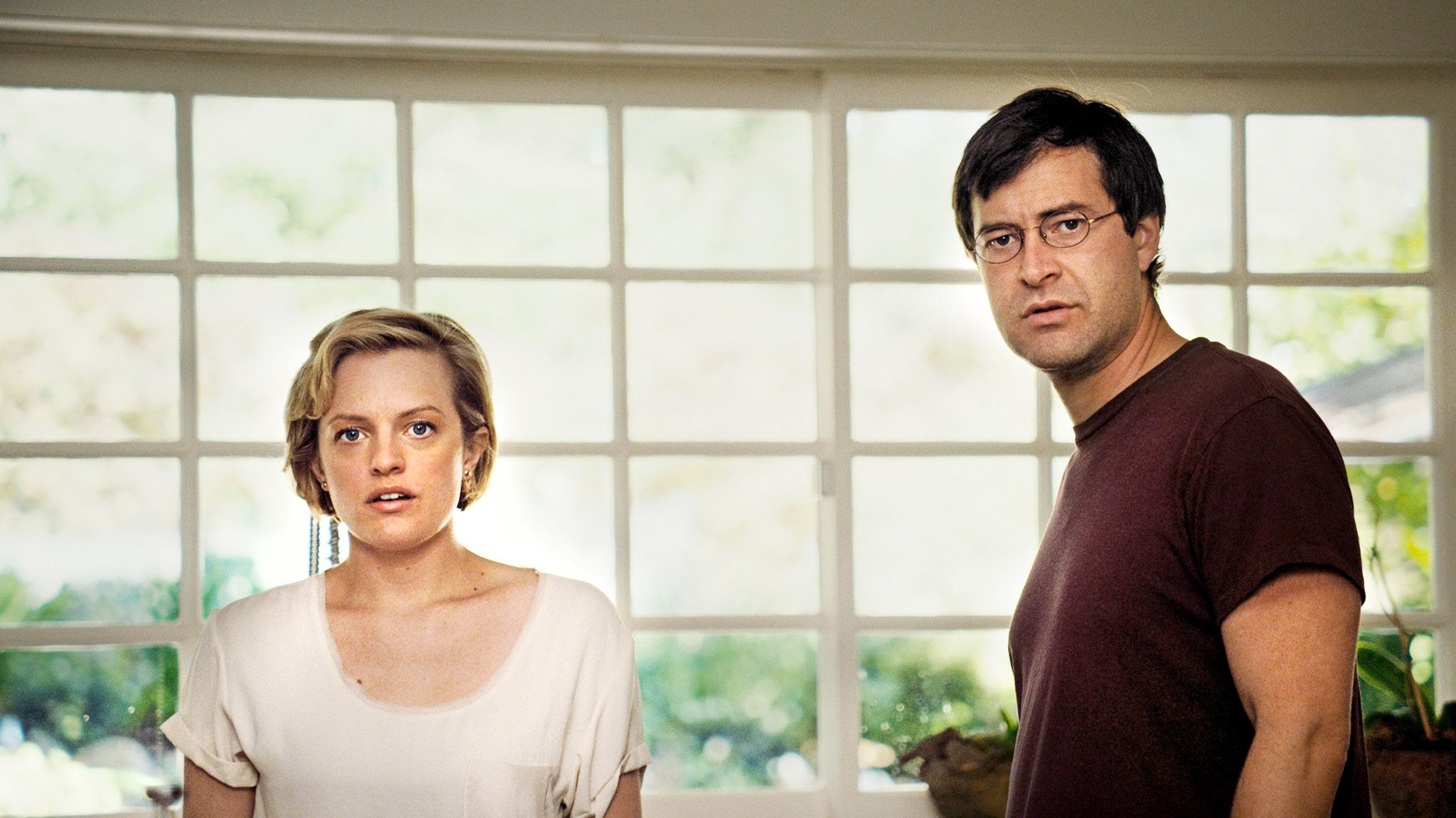When The One I Love was first released in 2014, friends who saw it on the festival circuit cautioned that I should go in cold. However, that coldness kind of prevented me from understanding why the film was worth watching in the first place. The film is its premise, and while it’s surprising, you kind of need to know it to know why this is an interesting movie that’s worth your time. But if you’re still determined to see this one without know what it’s about, stop reading now.
Okay, for everyone else, The One I Love is a doppelgänger movie. Ethan (Mark Duplass) and Sophie (Elisabeth Moss) are a married couple on the verge of separation and living in the fallout of Ethan’s infidelity. They’ve gone to a marriage counselor (Ted Danson), who recommends that they go stay at a vacation house that he says has worked wonders for his other patients. They go there, and at first it seems normal, but in the guest house, they encounter their doppelgangers. The doppelgängers can’t leave the guest house, and they only appear to greet their partner, so the Sophie doppelganger only shows up with the real Ethan is in the guest house, and the Ethan doppelgänger only shows up when the real Sophie is in the guest house. More beguiling is how the doppelgängers seem to be the idealized versions of the couple, or as Ethan puts it, “He’s like 20% better than me.”
The One I Love is brilliant when it operates in the realm of metaphor. It’s an incisive look at how even when we’re in a relationship with someone we love, there’s an idealized version we have of someone and things we wish we could change. Furthermore, the relationship is compounded by nostalgia as both partners have an idealized view of the past. The film begins with Sophie and Ethan recounting how they met and trying to recreate that moment only to come up empty. The doppelgängers offer them an escape to this idealized version of a happier past where they don’t have to confront their baggage, but the doppelgängers have their own goals, which I won’t spoil here.
What makes Charlie McDowell’s film so smart is that it realizes that people change, and that’s the real hurdle with relationships. They don’t stay stuck in one time and place (like the doppelgängers are stuck in the guest house). Instead, they change and evolve, and they can fracture like with Ethan’s infidelity, which is a message to Sophie that he wants to be with someone else and now there’s a way he can literally be with someone else and still kind of be with her, essentially having his cake and eating it too. The fun twist here is that Ethan is more paranoid about Sophie’s behavior since he knows he’s basically given her a license to cheat on him with his doppelgänger who is also the better version of him. The doppelgänger conceit is both a symbol of how the couple resists change and also represents the dangers of an idealized vision of someone rather than embracing them with all their flaws.
If there’s one place where The One I Love trips up it’s when it tries to explain how the doppelgängers work, which is oddly kind of unnecessary. The more literal the film gets, the more it loses its power since it succeeds wildly as a metaphor. Thankfully, McDowell and screenwriter Justin Lader are wise enough to know that it’s the emotional stakes that matter here rather than the “how” of their premise, and that gives The One I Love a real powerhouse of an ending.


